The competition in the Consumer Packaged Goods (CPG) industry is colossal. This ruthless competition together with disruptive trends and changing needs of digital consumers has created fresh challenges.
CPG companies need to become much more flexible, innovative, and cooperative to grow their revenue. This is possible by building a comprehensive data management strategy that uses advanced analytics, helping the business quickly adapt to the shifting marketing dynamics.
However, it is seen that most CPG companies struggle to manage their data efficiently. And this is primarily due to the astounding volume and types of data available to them. In today’s blog, we will look at the many benefits of implementing a CPG data management system and discuss the best ways of doing that.
Understanding the CPG Industry and its Data Management Needs
Today, CPG businesses cater to their customers via multiple touchpoints and sell goods across a wide array of channels. Consequently, they generate an overwhelming amount of data that must be adequately processed. This data enables CPG companies to understand the market’s pulse and make informed decisions that can improve their brand value and boost sales.
Additionally, CPG companies can leverage social media channels to access valuable data about their customers. All this data is jointly clubbed under big data, which must be properly stored and analyzed to generate actionable business insights.
With data management in the CPG industry, businesses can gather all the data in one place. All structured and unstructured data accumulated from multiple sources are stored in a single format that can then be used for analytical purposes. This makes CPG companies data-driven, which is no longer just a competitive advantage but a business imperative.
Key Features of a Data Management System for the CPG Industry
A data management system is critical to any organization’s digital strategy. The right system can help CPG companies to achieve their business objectives and boost profitability.

Here are some of the key features of a data management system that immensely benefit CPG businesses.
-
Data integration and cleansing:
A data management system can combine data from multiple sources, i.e. servers, databases, and legacy systems. Apart from data integration, these systems also clean the data to make it accurate, consistent, and fit for reporting and analytics.
-
Security and data retention:
A good data management system offers an array of security features that safeguards the data from unauthorized access, tampering, and misuse. It also comes with disaster-recovery capabilities that help to recover the data in case of unintentional data loss.
-
Automated data analytics:
Data management systems come with automated data analytics or data visualization capabilities that provide a comprehensive view of the data. This enables CPG businesses to identify trends and patterns and make data-driven business decisions.
-
Real-time data capabilities:
A good data management system has real-time capabilities that enable CPG companies to manage data just as it’s created. All the data is stored in a centralized place, which also helps to quickly identify data issues, launch corrective measures, and resolve them before they become larger problems.
-
Powerful reporting features:
A data management system also comes with powerful reporting capabilities. This means CPG companies can easily generate reports that can help to spot trends, identify crucial data, and make well-informed business decisions.
Benefits of Implementing a Data Management System in the CPG Industry
Data management in the CPG industry offers a slew of benefits. In a data-intensive industry, these systems provide the most dependable way to manage data flow, mitigate risks, and obtain accurate insights from the massive data sets available.
Data management systems help CPG businesses to connect the dots and integrate all the data into a unified dashboard where every shareholder can get a transparent view of things.
Here are some of the most notable benefits of investing in a data management warehouse.
-
Streamlined Supply Chain Management
Data management solutions help CPG companies benefit from data analytics that helps to streamline complicated supply chain operations. With a smooth flow of information, companies can identify risks and timely eliminate any looming discrepancies, thereby reducing expenditures. They can also obtain a comprehensive view of their supply chain, right from sourcing and manufacturing to warehousing, transportation, and point of sale.
-
Enhanced Inventory Management
With a robust data management system, CPG businesses can accurately plan, forecast, and optimize inventory to save their money and resources. They can eliminate issues like unfulfilled inventory and facilitate effective inventory management across a range of different locations.
-
Value-driven Marketing Efforts
Understanding the audience is the foremost prerequisite to marketing a product right. And with data analytics, CPG companies can learn valuable information about their customers. They can even determine the effectiveness of each communication channel, track different KPIs, and generate insights into each customer’s shopping behavior.
-
Effective Consumer Personalization
Today, there is adequate information available on the buying and spending trends and patterns of customers. CPG marketers can leverage all this data and use it for personalizing customer interactions. Once they have a comprehensive understanding of their audience, their needs, etc., the marketers can connect with the audience with more relevant and tailored messages.
-
Enhanced Agility
Finally, data management enables CPG companies to predict and respond to dynamic market conditions with better agility. Data takes the guesswork out of the decision-making process, enabling leaders to have a robust strategy in place. It also enables businesses to act quickly and create strategies for improved business outcomes.
Case Study: Analysis of Legacy Customer Data for Russia’s Largest Retail Chain
Our approach to data management implementation is organized and scalable. We helped one of our leading clients, a retail giant in Russia, to launch a data management solution to organize all their legacy customer data. We helped them implement a data warehouse that adequately stores and processes all customer data, which can be leveraged to generate valuable insights.
Our deployed solution helped the client clean and organize all of the fragmented data and structure it into a consistent format. It was then used to generate different reports that shed light on customer needs, behaviors, purchasing trends, etc. This helped the client make strategic and informed business decisions and facilitate business expansion.
How to Choose the Right Data Management Stack for your CPG Company
Several factors come to play when choosing the right data management stack for your CPG company. It is always a good idea to start by considering your business needs and scalability requirements.
For instance, you must determine if you require a suite of tools or just an uncomplicated point solution. If you are a small team looking to manage your incoming data, having to maintain a full-fledged suite might be overkill.
Next, you need to choose between a cloud and an on-site system. Some companies do not have the space or resources for dedicated hardware. For them, opting for a cloud-based system is the best choice. With a cloud system, you don’t have to worry about backups, updates, or even renting any infrastructure. However, some companies deal with highly sensitive information and prefer to manage their own network and data. For such companies, having an onsite data management system is the best choice.
Similarly, factors such as users and access control, data load and scalability, etc. also impact your choice of the best data management system. You must carefully consider every aspect before investing in any system.
Implementation of the Data Management
The suggested plan is based on Algoscale’s experience and expertise in data analytics and data management solutions. This is typically the process we follow when implementing data management for our CPG customers.
1. Outlining data management objectives
The data management goals and objectives are based on the CPG business’s corporate objectives. The most common enterprise data management objectives include:
- Data is adequately stored and processed to realize its max value
- Data is of high quality
- Data is completely secure and compliant with governance standards
2. Evaluate the existing state of data management
This step involves analyzing the following:
- Current data architecture
- The type of data sources and the amount of data stored in them
- Applied data security practices
- Established data quality metrics
3. Requirement engineering and architecture design
This step involves:
- Establishing the engineering requirements for the data management system
- Reviewing the existing tech stack in use
- Figuring out the optimal architecture and tech stack for the future technical solution
4. Implementing a data management system
This step involves:
- Outlining a dedicated data management team and collaboration workflows
- Identifying the potential risks and creating a robust risk mitigation strategy
- Deciding on the relevant sourcing model
- Implementing a tech solution for every data management component and ensuring it seamlessly integrates into the existing IT environment
- Deploying the tech solution in production
- User training
Conclusion
Data management in CPG industry is an indispensable business strategy to ensure growth and positive business outcomes. With data analytics, businesses cannot just improve their bottom line but also deliver impactful services to their customers.
At Algoscale, we can help you launch an effective data management system that serves as a unified hub of accurate data. We help our clients with a phased implementation approach that is tailored around their process maturity and monetary goals. With years of experience and profound expertise, our experts ensure that the implementation of the data management system is organized, scalable, and flexible. Reach out to us to know more.












